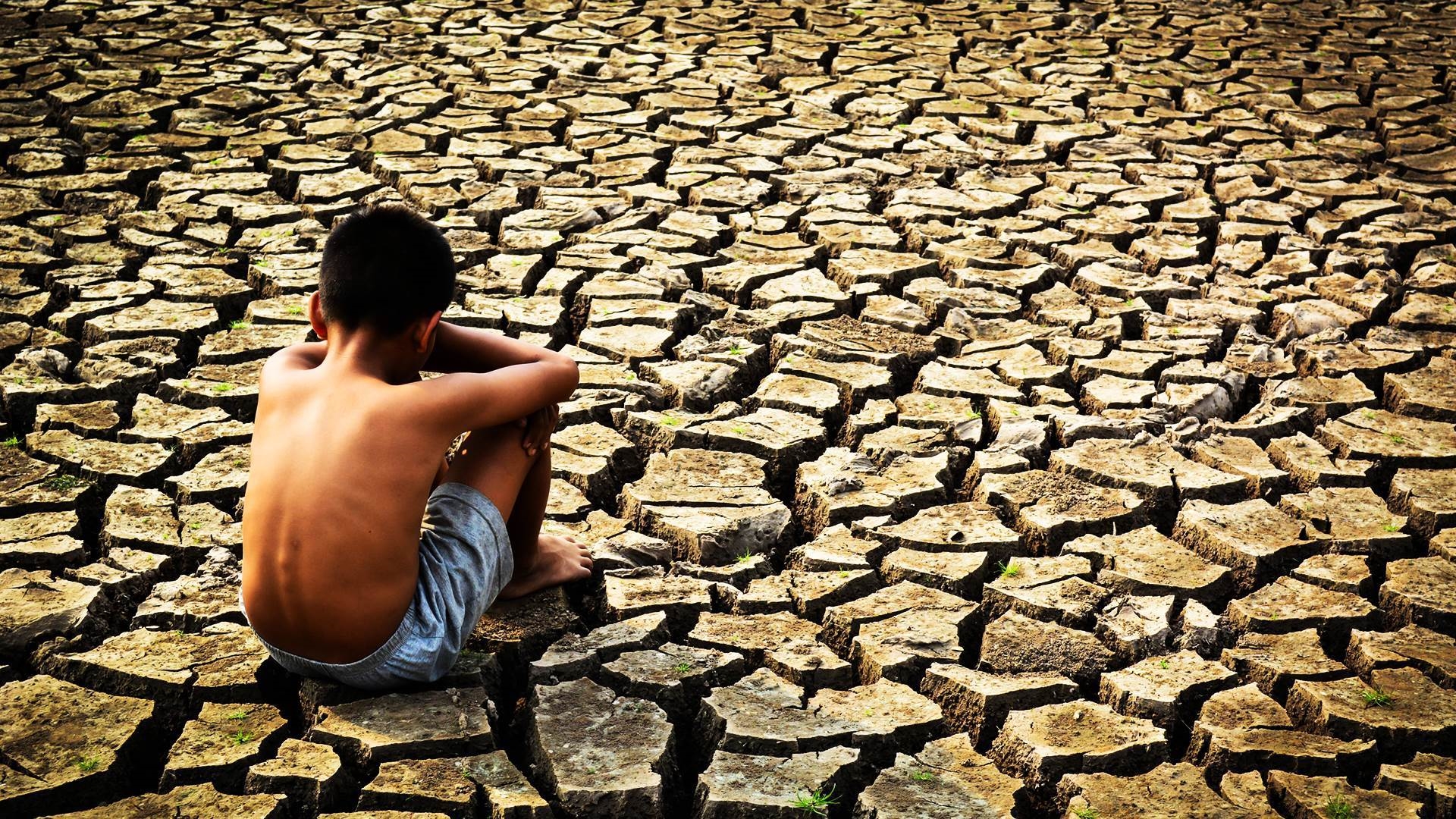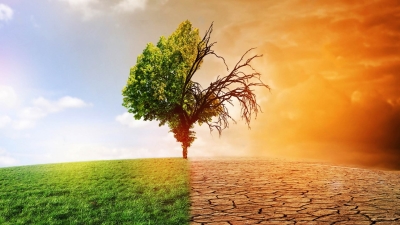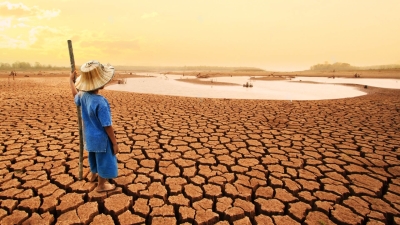Climate Change and Its Negative Impact on Our Children's Future
Wegdan Mohamed

When discussing climate change, the negative effects it brings to mind are the ones that have become increasingly evident in the environment as a whole. These include rising sea levels, soaring temperatures, and the melting of glaciers. However, do we ever consider that the magnitude of its impact extends far beyond these dangers and actually affects the well-being of our children?
This is the harsh reality that numerous recent studies have confirmed. The climate crisis presents an even greater risk to nearly every child on every continent, subjecting them to more frequent, intense, and devastating climate-related hazards. These hazards range from heatwaves and droughts to hurricanes and floods, as well as air pollution and vector-borne diseases. These threats not only endanger lives but also have an adverse impact on children, their families, their future, and consequently, their communities.
Several research studies have linked prenatal and postnatal exposure to air pollution with decreased intelligence and other cognitive problems. It has also been associated with developmental disorders such as attention-deficit/hyperactivity disorder (ADHD) and autism. Furthermore, climate-related factors have been found to cause structural changes in children's brains.
Moreover, climate-induced displacement of families disrupts children's education and contributes to mental health problems, including post-traumatic stress disorder (PTSD), anxiety, and depression, which often persist over time.
In addition to the aforementioned significant damages, air pollution poses one of the greatest threats to children's health. It is responsible for the deaths of one in every ten children under the age of five. It also increases the risk of asthma, malignant tumors, chronic illnesses like cardiovascular and respiratory diseases, pneumonia, and stunted growth among children. The neurological development and cognitive abilities of children are also negatively affected by air pollution.
Furthermore, exposure to polluted air during pregnancy increases the risk of premature birth and leads to a 20% reduction in birth weight compared to normal rates. It also contributes to higher infant mortality rates worldwide.
International warnings about the negative consequences of climate change are growing day by day. Notably, the non-governmental organization "Kids Rights" has emphasized that the ramifications of climate change pose a threat to one billion children around the world, representing almost half of the global child population. This threat is projected to materialize within the next decade.
"Kids Rights" further highlights that over one-third of the world's children (820 million children) are highly vulnerable to heatwaves, while one in six children is at risk from hurricanes.
In conclusion, it is clear that climate change not only poses a severe threat to the environment but also jeopardizes the health and future of our children. Urgent and effective measures need to be implemented to mitigate climate change and ensure a safer and healthier world for future generations.













